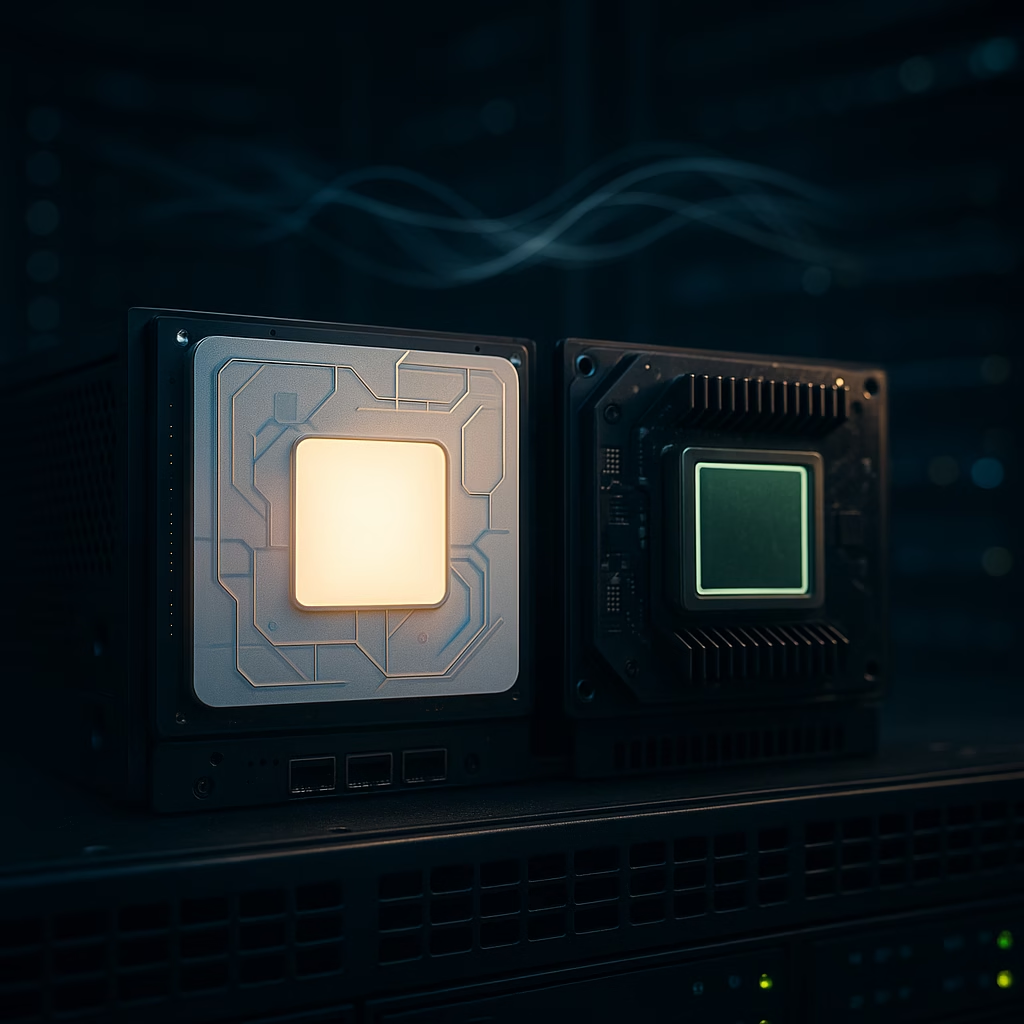The TechCrunch AI Glossary: Your Ultimate Guide to AI Terminology
Artificial Intelligence (AI) is advancing rapidly, and keeping up with the ever-growing list of terms and concepts can be overwhelming. Whether you’re a tech enthusiast, a developer, or a business leader looking to integrate AI into your operations, understanding the jargon is crucial. That’s where the TechCrunch AI Glossary comes in—a comprehensive resource designed to break down complex AI terms into digestible definitions.
In this article, we explore why the TechCrunch AI Glossary is a must-have for anyone looking to stay ahead in the AI space. We’ll also highlight some of the most important AI concepts you should know.
Why the TechCrunch AI Glossary Is Essential
The AI landscape is filled with technical terms, industry buzzwords, and emerging concepts. The TechCrunch AI Glossary serves as a valuable tool for those who want to:
- Stay informed – AI terminology evolves constantly, and this glossary ensures you remain updated.
- Enhance understanding – Whether you’re a beginner or an advanced user, the glossary simplifies complex terms.
- Communicate effectively – Understanding key AI concepts allows you to engage in informed discussions with colleagues, investors, and industry professionals.
Let’s dive into some of the most important AI concepts featured in the glossary.
Key AI Terms You Need to Know
1. Machine Learning (ML)
Machine Learning is a subset of AI that enables computers to learn from data and improve their performance without being explicitly programmed. ML algorithms power applications such as recommendation systems, fraud detection, and speech recognition.
2. Deep Learning (DL)
Deep Learning is a specialized field of ML that relies on neural networks with multiple layers to analyze complex data structures. It plays a critical role in image recognition, language processing, and autonomous systems.
3. Natural Language Processing (NLP)
Natural Language Processing (NLP) enables AI systems to understand and process human language. NLP powers applications such as chatbots, virtual assistants, and translation services.
4. Generative AI
Generative AI refers to AI models that create new content, such as text, images, and videos. Examples include OpenAI’s GPT models and DALL·E, which generate realistic content based on input prompts.
5. Large Language Models (LLMs)
Large Language Models (LLMs) are advanced AI models trained on vast datasets to understand and generate human-like text. These models enhance applications such as automated writing, content generation, and conversational AI.
6. AI Ethics
AI ethics explores the moral implications of AI and its impact on society. Key concerns include bias in AI models, data privacy, and the responsible use of automated decision-making.
7. Reinforcement Learning (RL)
Reinforcement Learning is an approach in which AI agents learn by interacting with an environment and receiving rewards or penalties based on their actions. RL is commonly used in gaming, robotics, and autonomous systems.
8. Neural Networks
Neural Networks are computing systems inspired by the structure of the human brain. These networks consist of layers of interconnected nodes (neurons) that process information in machine learning tasks.
9. Computer Vision
Computer Vision enables machines to interpret visual information from images and videos. Applications include facial recognition, object detection, and medical imaging.
10. Bias in AI
Bias in AI refers to the presence of prejudices in AI algorithms that lead to unfair or discriminatory outcomes. Addressing bias is critical for ensuring fair and ethical AI systems.
How the Glossary Helps Industry Professionals
Regardless of your role in the AI ecosystem, the TechCrunch AI Glossary offers valuable insights to help you navigate the fast-changing industry.
- Developers – Gain a thorough understanding of AI terminology to create and improve AI-driven applications.
- Business leaders – Learn how to leverage AI in decision-making, optimizing operations, and staying competitive.
- Investors – Understand AI concepts to make more informed investment decisions in the rapidly growing AI sector.
Final Thoughts
AI is revolutionizing industries, and staying updated with evolving terminology is essential for anyone looking to engage with this transformative technology. The TechCrunch AI Glossary is a go-to resource for demystifying AI concepts, helping professionals and enthusiasts alike stay informed.
By understanding key AI terms like ML, NLP, and LLMs, you’ll be better equipped to participate in discussions, evaluate AI solutions, and make data-driven decisions.
Want to explore the glossary in detail? Check out the official TechCrunch AI Glossary and expand your knowledge of AI today!
< lang="en">







Leave a Reply